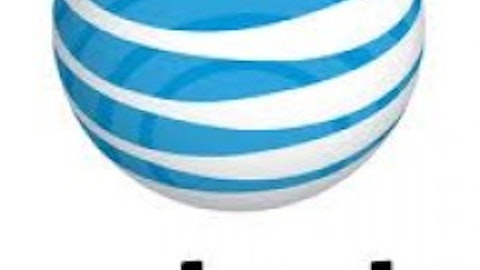Today, General Mills is one of the world’s largest food-product companies. Eight decades after its creation (at the tail end of the worst crash since its creation), General Mills was worth roughly $20 billion, representing an annualized market-cap growth rate of 8.7%. Investors who held on throughout this entire time — especially if they reinvested dividends — have enjoyed an even better growth rate, as General Mills, Inc. (NYSE:GIS) has been paying dividends without interruption or reduction since 1899, when it was still known as Washburn-Crosby.
.– . .-.. -.-. — — .—–…. . — —-.-.. . -.– ..-. — — .-..
Can you read the dots and dashes above? They say, “Welcome to the Motley Fool” in Morse code, which was, in some ways, the world’s first programming language, designed by Samuel Morse operate his newly invented telegraph. Two years after he first successfully tested the telegraph, on June 20, 1840, Morse received a patent for the innovation that made it so easy to use — a system of dots and dashes that could be easily transmitted across thousands of miles of electrical wiring.
The first version of Morse code, like the software languages that followed more than a century later, had some key differences with the version popularized in later years. Today’s Morse code is the internationalized variant that became popular after the 1850s, which streamlined the transmission of letters by eliminating the spaces originally found in five codes. However, even by the 1850s, Morse’s invention and its attendant “software” were already well-established as the dominant system of telegraphy, spread by The Western Union Company (NYSE:WU), the nation’s leading telegraph operator.
Western Union became the first “technology” company on Charles Dow’s earliest predecessor to the Dow Jones Industrial Average in 1884, thanks to its adoption of Morse’s simple transmission standard and its aggressive expansion. It joined the index proper in 1916, but by then it was no longer the Dow’s only technologically inclined component. Telegrams were a thing of the past long before Western Union stopped its service in 2006, but Morse code itself lives on here and there, wherever people have a need to communicate in a few quick taps.
The article The Birth of an American Food Empire originally appeared on Fool.com.
Fool contributor Alex Planes has no position in any stocks mentioned. The Motley Fool recommends Burger King Worldwide and Western Union. The Motley Fool owns shares of Darden Restaurants.
Copyright © 1995 – 2013 The Motley Fool, LLC. All rights reserved. The Motley Fool has a disclosure policy.




